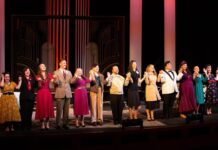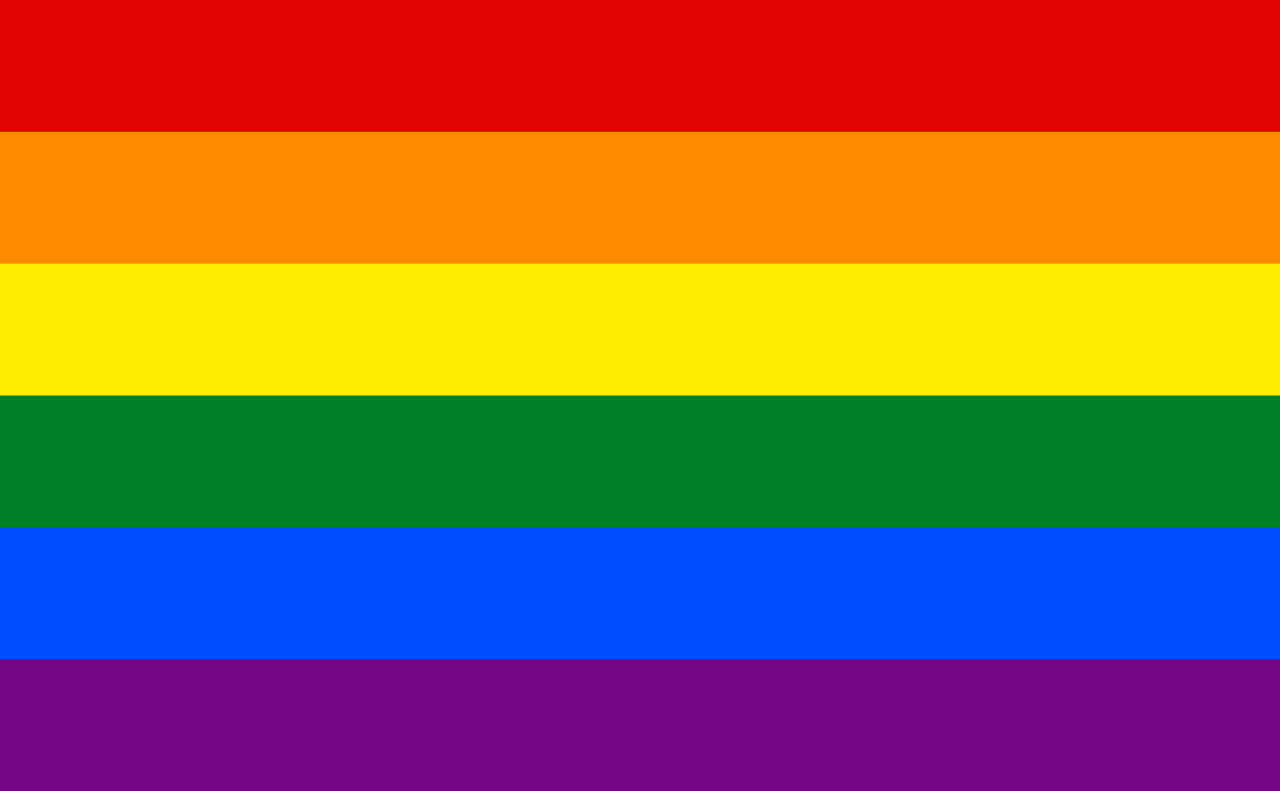By Will Fallen, Parkland community member
Editor’s Note: Will Fallen is a member of the Parkland community. His school’s prom and graduation took place on the PLU campus, as did several sporting events, including swimming and basketball. He works at the Coca-Cola plant on 116th St. S.
No matter what the word, they are merely words and no amount of infliction or ill intent can change that.
The context in which a word is used does far more to define the user than the word. Falsely yelling “Fire” in a crowded theater is a malicious act, but the word itself is not a “bad word” at all.
In an effort to drive out the political incorrectness of racism, sexism, bigotry and bullying, we have entered an era where the idea “words can hurt” has become an acceptable opinion, rather than accepting the fact that some people are just jerks, and their behavior should be the focus of scrutiny.
We can’t be willing to control the words around us simply because we can’t control our feelings about them.
Now we have the very institutions that teach us these words, telling us to forget about them.
Why did we all spend the first years of our lives learning them then? Even if their meaning has changed over the years, our right to use them has not.
Maybe it’s because of the plague of school violence that has found its way into the system, pushing the pendulum so far away from us that this is the only way we know how to get it back.
A college in North Carolina has banned the term “freshman” and replaced it with “first-year.”
While I don’t mind that act in itself – I’ve never been fond of the term anyway – at no time have I ever considered “freshman” to be favoring or promoting raping women. Nor do I think that “first-year” celebrates diversity.
It is as generic of a phrase that they could come up with to insure no offense could be taken by anyone. Why should we all live in fear of saying the wrong word?
In the past, if we said something that didn’t reflect our intended meaning, we apologized to that person, if we chose to, and moved on.
Now, people are put on display for their mistakes, we demand a public apology, we want to see them grovel, we want to see them break and in the end we demand that they be fired anyway, whether the offense had anything to do with their job or not.
Who is truly committing the malicious act?
Sometimes, change is really just preserving what we believe to be right. I know deep down that most people mean well in their attempt to stop the use of certain words; maybe that’s why colleges are embracing the idea of banning them.
But a place we turn to, to further our education as adults should not be in favor of restricting any piece of it. If you instill people with all the knowledge you have, you must also give them the freedom to make their own decisions about it and not try to take it back when you don’t like their choice.

















